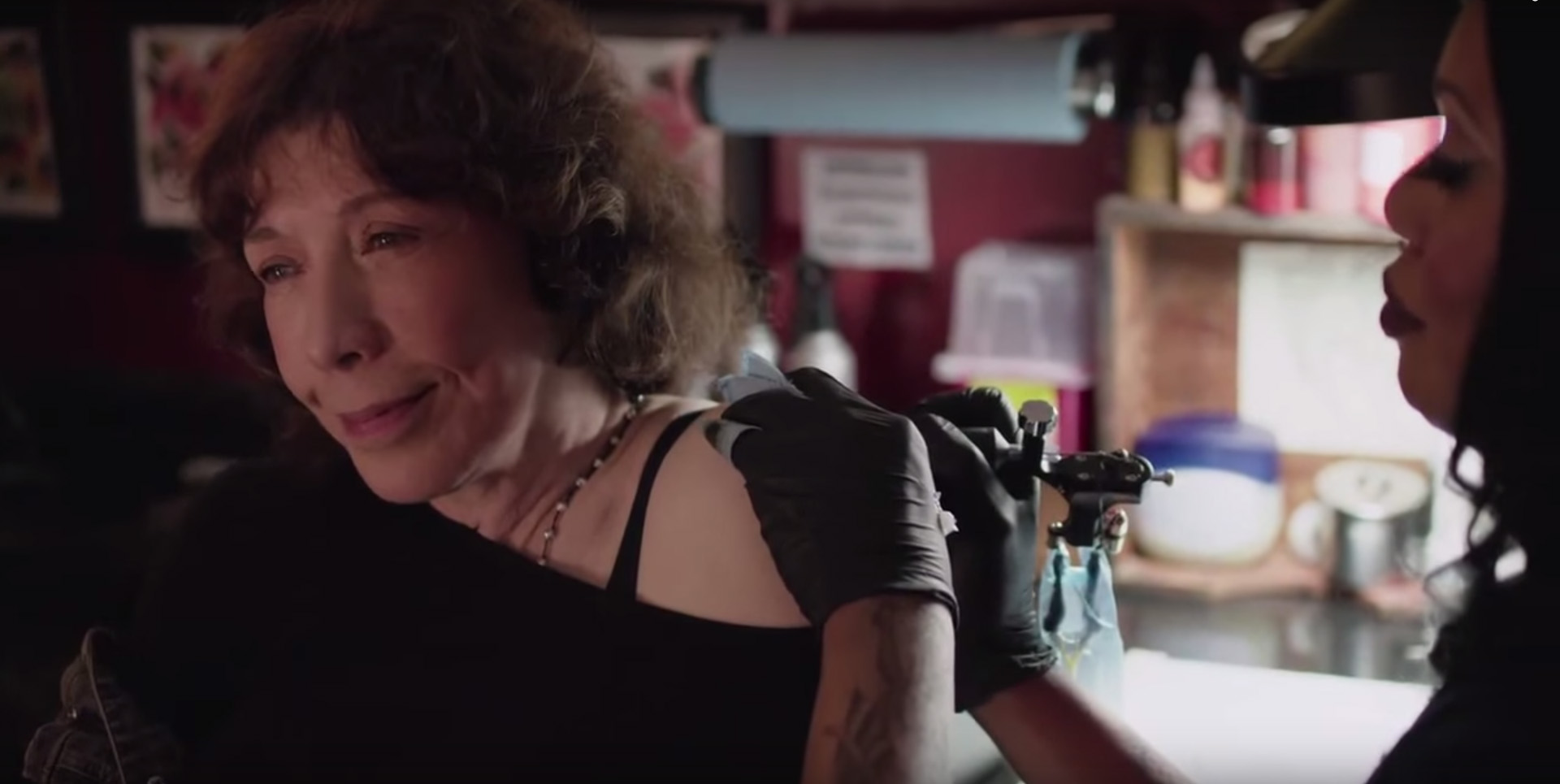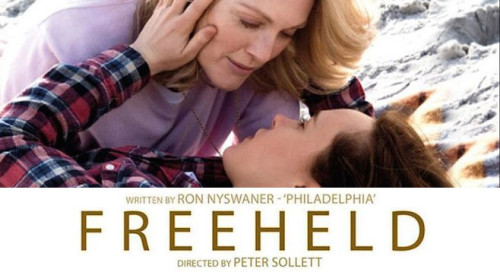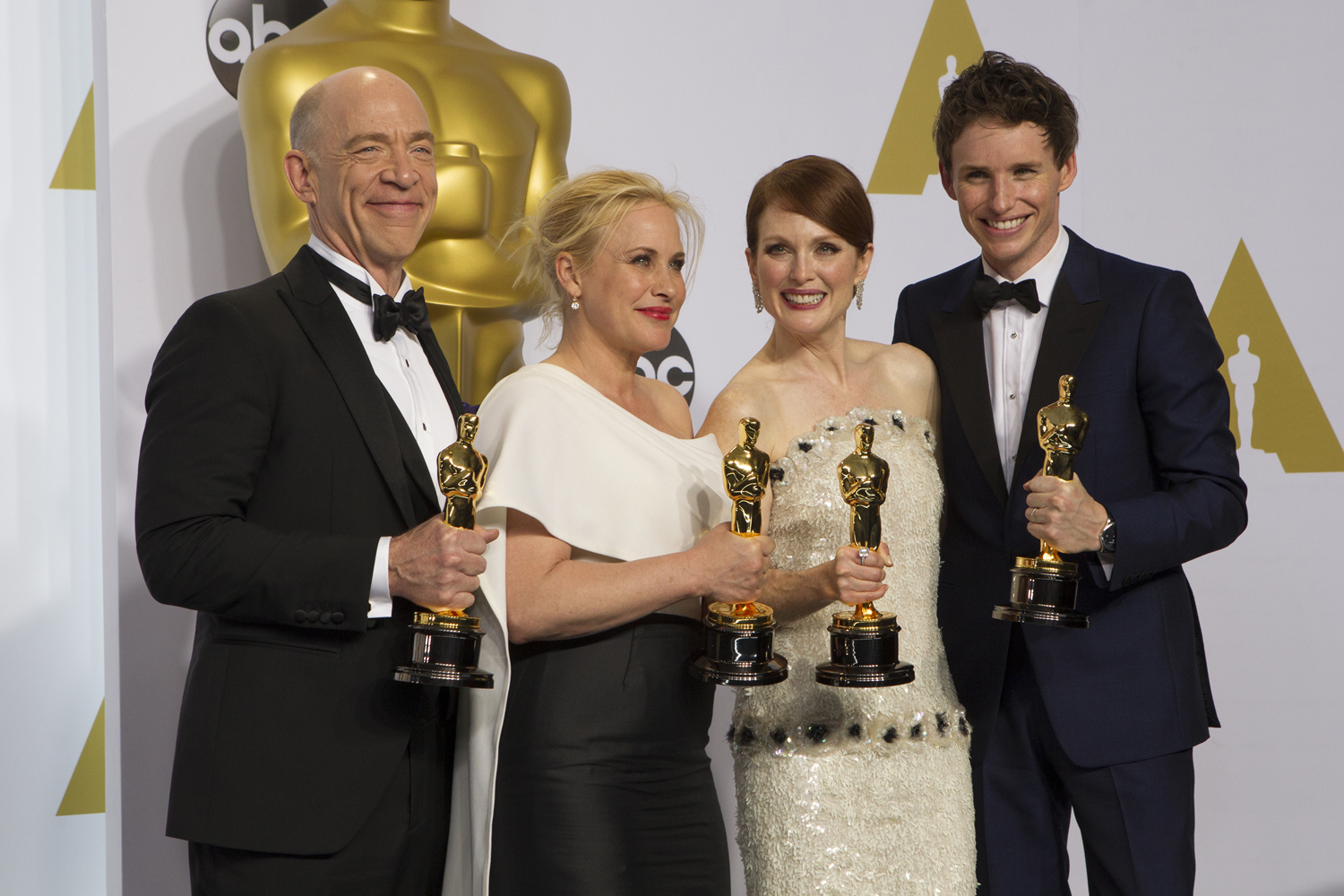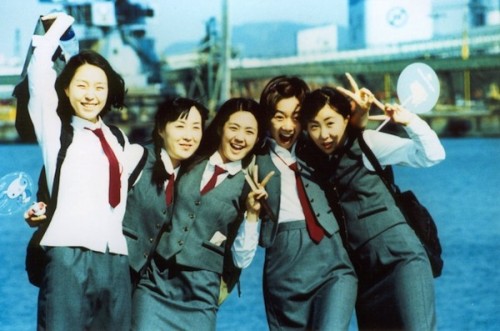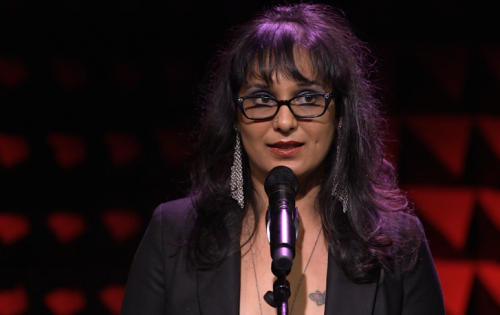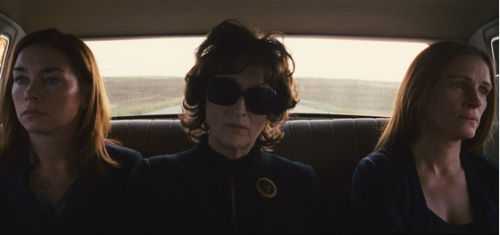There is no denying that 2013 has been a tough year for women. As a North Carolinian, I have watched as all but one Planned Parenthood in my state got slated for shut-down due to “health requirements” passed by our Republican lawmakers. At the national level, politicians have made too many rape-apologist comments to keep track of. As a feminist and former Women’s Studies major, it’s important for me to develop thick skin, and with it, an arsenal of uplifting weaponry that will keep me sane and optimistic about our future as women. Which is what has brought me to love the Fox television show New Girl. Yes, New Girl is, ultimately, a sitcom, and it is questionable whether sitcoms can hold up to serious feminist criticism or if we should just laugh along and not take them too seriously. But what’s the fun in that? When “lighthearted” media is so often blatantly sexist (the song “Blurred Lines” and its accompanying video have given feminists enough ire to last the entire year) we should acknowledge those forms of media that, even in subtle ways, subvert the sexist norm.
